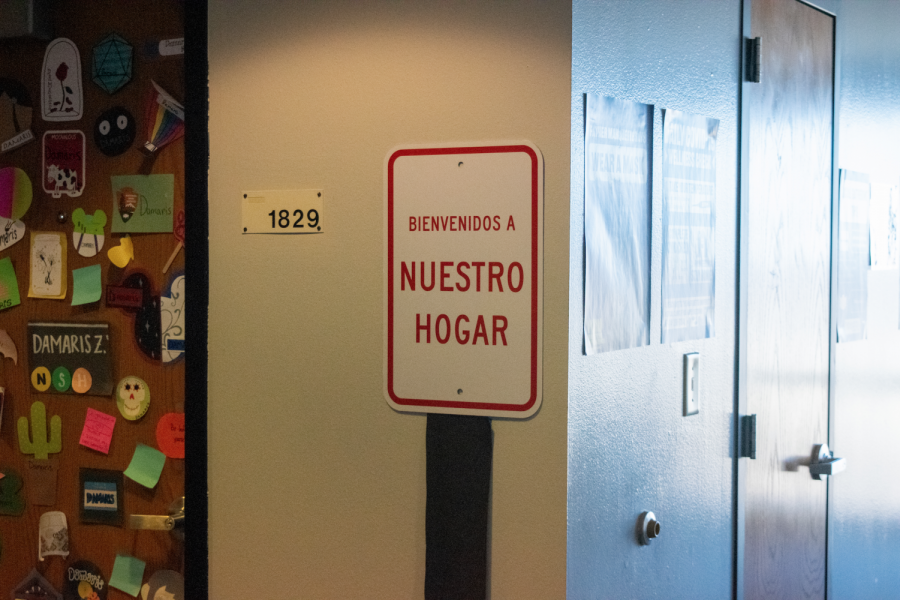This semester, the Office of International Education heralded its plan to make Marquette-affiliated study abroad program participants pay Marquette tuition and apply federal aid and scholarships.
This would open up study abroad options to more students and make it easier for students to understand program costs, said Blake Ward, coordinator of International Marketing and Communications.
However, on a student-by-student basis, we consider this a rip-off.
For the 2010-’11 year, Marquette’s tuition will jump to about $15,000 per semester. This means that students in 38 semester-long study abroad programs will pay $15,000 before aid, even though they may not be taking Marquette’s full course load, and even though some of these programs are cheaper than Marquette.
Macquarie University, a Marquette-affiliated program, used to cost $8,000 in tuition per semester, said Joka Gajic, an International Business program assistant who coordinates the program, in an e-mail.
Students studying abroad down under will pay about $7,000 more — if they don’t have financial or federal aid.
The same follows for the program at St. Mary’s University College in Twickenham, London. According to the university’s Web site, the program originally cost $6,050.
Granted, students across the board can now apply federal aid and scholarships to ease the cost of studying abroad — a hefty one when the British pound is $1.59 to the American dollar and the Euro $1.39.
Nearly 90 percent of Marquette students receive financial aid from grants, scholarships, loans and campus employment, according to an e-mail from Tim Olsen, communication manager in the Office of Marketing and Communication.
In the 2008-’09 school year, 1,613 full-time undergraduate students received non-need based aid, and 4,341 students received any need-based financial aid.
Clearly, Marquette provides numerous scholarships to help those in need. However, when students are studying abroad, it affects everyone differently.
Students studying abroad could have paid less or comparable amounts to affiliated schools than when financial aid was used.
At the University of Kent in Canterbury, England, an externally-approved program, students still pay the provider, not Marquette. For the fall semester, it will cost one $5,745.53 — they’re saving $9,254.47. The spring semester costs more at $8,618.30, said Gail Gilbert, program coordinator in the Office of International Education.
Marquette administrators are hoping to move Kent into an exchange program in the next year, meaning students interested in studying there would pay Marquette tuition.
On top of general costs, food, books and exploring the Andes, the Great Wall of China or the lederhosen of Germany, students should not be bombarded with more costs.
Paying Marquette tuition may be beneficial for some students, but for others who have little or no financial aid, it’s a lose-lose situation.








